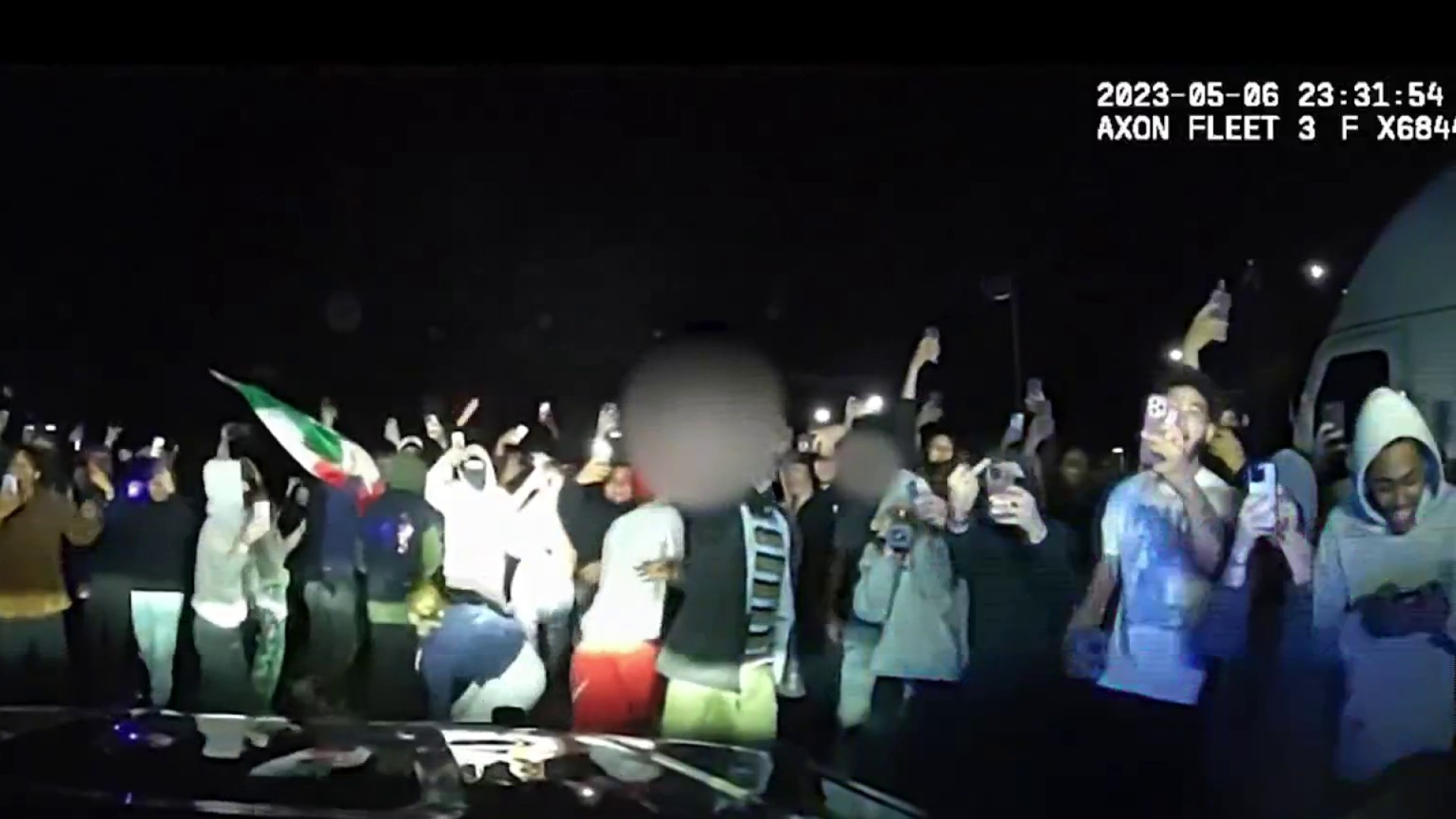John Maduko is overseeing the merger from 12 community colleges into one college, Connecticut State Community College.
He joins Mike Hydeck to give an update on how things are going.
Mike Hydeck: As we told you at the top of the show, Connecticut's community college system is now the best in the country, according to a new WalletHub survey. The ranking comes as CT State, which it is now known, is shifting gears. They're ready to finalize a consolidation that's been in the works for a long time. Years, in fact. Joining me now is John Maduko. He's a medical doctor by training. He is now also the President of the Connecticut State Community College System, a position that was created in anticipation of this big merger. Dr. Maduko, thanks for joining us.
John Maduko: Hey, good afternoon. Happy to be here.
Get Connecticut local news, weather forecasts and entertainment stories to your inbox. Sign up for NBC Connecticut newsletters.
Mike Hydeck: So you have been on the job since June. The goal is to merge 12 community colleges into one by next fall. How's that going so far?
John Maduko: It's going well. Today actually marks my 60th day with the college and also our state system. So it's lightning speed. But there's been a lot of work that was accomplished before my arrival. It's going well, you know, we've aligned our curriculum, we're merging our policies. We are kind of creating our narrative to our accreditor and on how and why we're going to make this merger successful by July one of next year.
Mike Hydeck: Now that leads perfectly. My next question since consolidation was first announced, some faculty were questioning whether or not this was the right move. They worried about possibly having any say in the curriculum, have you been able to address those concerns or consider that yet?
Face the Facts
Face the Facts with NBC Connecticut goes beyond the headlines, asking newsmakers the tough questions, giving an in-depth analysis of the big stories.
John Maduko: Here and there. You know, we're in active communication with our faculty representatives. We value their input. I can't speak to what was all said before my arrival, but I value and listen to our faculty, you know. We support academic freedom. They are the stewards of our programs and our curriculum and our teaching. So we want to make sure that they do feel like they have a say as it pertains to how they deliver education. And we feel that the governance structure once we get that up and running, clearly kind of defines the role of faculty and their ability to drive all learning here for CT State.
Mike Hydeck: Under a previous administration, one of the pitches regarding why this would be a good idea, transcripts will be able to move from you know, college campus to college campus. So if you take you know, statistics, at UConn in Waterbury, you can transfer to another campus and either continue that education or everything will transfer in between. Is that how you believe it'll go moving forward? And what other benefits would there be to the student?
John Maduko: Yeah, absolutely. So one, it has to go that way. Right? There is no other option. Two, the benefit to student is just ease of use and ease of movability. We recognize that the majority of our students are working. A majority of our students are part time because they have life. It's their children, their jobs, their livelihood, and sometimes life has you commute, or relocate. And why should you be penalized for tending to the things that are important to you. So this, as one college, there's no longer the need to even transfer, you're simply just enrolling for classes at a different location with no need to reapply or to submit additional documentation.
Mike Hydeck: Now, that sounds in theory, terrific. In reality, boy, the infrastructure has got to be huge to try to tie all these colleges together, get them on the same computer systems. So those grades and everything will transfer easily. Where is the process when regard in regards to that?
John Maduko: Yeah, I have a bald head for a reason. You are absolutely spot on. It's a lot of logistical and technological movements taking place. We have a very strong information technology, leadership structure, both at the system level and among our colleges. And it's safe to say we're probably 50% of the way right and it's really just due to the sheer volume of information and when you have data migration, and when you're just trying to collect the information, categorize it, figure out where the data is assigned to, that's a huge overtaking. But again, we've set high expectations for this merger. We have great leaders and staff in position to get us to the finish line, we're confident that again, we will land this plane and finalize all aspects of the merger before before the summer of '23.
Mike Hydeck: That is a big task. Okay, big picture here. Community college enrollment was declining even before the pandemic. Do you believe this merger will help bring things back up? What else is in the offing to try to bring the numbers back up?
John Maduko: You know the merger alone is not going to address our issues. And that's safe to say for any institution higher education. Enrollment in higher ed has been down for a decade, right just due to people going back to work, and we're a decade plus past the great recession. So one is understanding the students we serve, traditional age students so therefore those students who are graduating high school, that number nationally and especially in New England is on the decline. So our focus is also on adult learners. These are people who have been displaced due to employment, due to employers moving on due to the need to upskill and rescale. So we're focusing our marketing on those individuals. In addition, we have the PACT program, which is a Promise to Advance Connecticut. And so far we have north of 9,000 students, both part-time full-time, who are first time in college, who have taken advantage of that free tuition program per the state legislature. So you know, those are some examples of our ability to better reach people. And we've adopted a guided pathways framework where we're really developing and providing that path for students to eliminate the guesswork and to assign them with an advisor. Basically a navigator to help them, walk them through every step of the way as it pertains to their studies and their college progress.
Mike Hydeck: Dr. John Maduko. We have to leave it there. Thanks so much for your time this morning and good luck moving forward.



